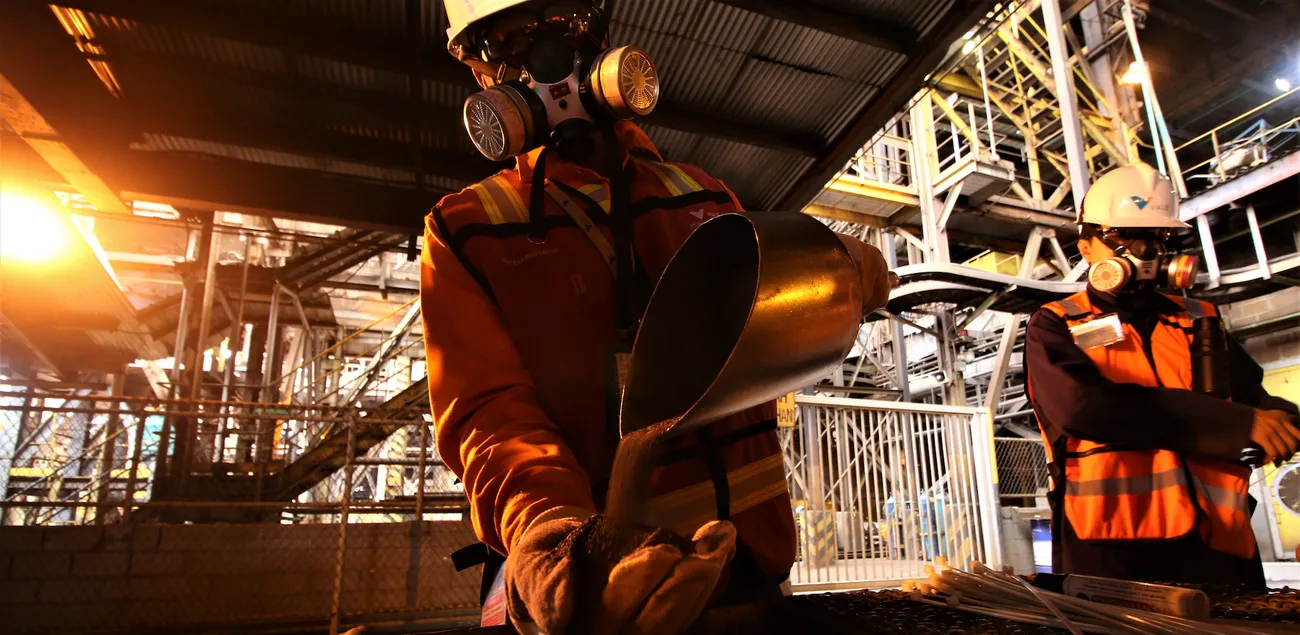
The Chamber of Mines of the Philippines (CoMP) has warned that the recent U.S. airstrikes on Iranian nuclear facilities are likely to heighten volatility in industrial metals markets, particularly nickel and copper, while prompting investors to seek refuge in gold. The assessment comes as global commodity and financial markets react to escalating geopolitical tensions in the Middle East, with concerns mounting over supply chain disruptions, inflation, and the broader impact on the mining sector.
Geopolitical Tensions Drive Metal Price Volatility
On June 22, U.S. forces struck several key nuclear sites in Iran, an escalation that has drawn both condemnation and warnings of “everlasting consequences” from Iranian officials. The strikes, described by U.S. President Donald Trump as targeting critical military infrastructure, have heightened fears of a wider conflict in the region. Iran has called for an emergency meeting of the United Nations Security Council, while global markets remain on alert for further developments.
Michael T. Toledo, CoMP Chairman, stated that “industrial metals such as copper and nickel often experience volatility due to supply chain disruptions and shifting demand, while geopolitical tensions of this scale drive up gold prices.” The price of gold initially rose as much as 0.8% in early Asian trading on June 23 before paring gains, while oil prices surged above $80 per barrel. The U.S. dollar also strengthened, reflecting a flight to safe-haven assets, which in turn limited gold’s upward movement.
Philippine Mining Sector: Resilience and Risks
Despite the global uncertainty, CoMP expressed cautious optimism about the resilience of the Philippine mining industry, which is a significant producer of gold, copper, and nickel. The Philippines holds 7.7% of global nickel reserves and is a key supplier to the electric vehicle battery supply chain, with copper and gold also contributing to the country’s export revenues.
Downside risks for the industry include inflation, rising energy costs, and logistical constraints, all of which could affect mining operations and project timelines. The Chamber emphasized that its members are committed to managing these risks with discipline and maintaining operational stability.
Policy Reforms and Fiscal Regime Overhaul
The Chamber of Mines voiced support for recent government efforts to create a more stable and competitive policy environment for mining. The proposed rationalization of the mining fiscal regime, which has been ratified by the bicameral conference committee and awaits the President’s signature, is expected to introduce a margin-based royalty tax on mines outside mineral reservations and a windfall profits tax on all mines. The bill also removes a proposed raw ore export ban, which industry groups argued would have hindered investment and value addition in the sector.
Industry leaders have said that these reforms are designed to strengthen investor confidence and position the Philippine mining sector for sustained growth, even amid external shocks. The new fiscal regime is anticipated to simplify compliance, ensure a fairer government share of mining revenues, and promote responsible and sustainable mineral development.
Global Metals Market Overview
The escalation in Middle East tensions has injected fresh volatility into global metals markets. Industrial metals like copper and nickel are sensitive to supply chain disruptions, particularly as many mining and processing operations rely on stable energy and transportation networks. Gold, traditionally viewed as a safe-haven asset, has seen renewed investor interest, although gains have been tempered by a stronger U.S. dollar.
Oil prices have also surged, raising concerns about inflation and the potential for higher energy costs to impact mining operations worldwide. Analysts note that a sustained rise in energy prices could increase production costs for miners and limit the scope for interest rate cuts, creating additional headwinds for the sector.



